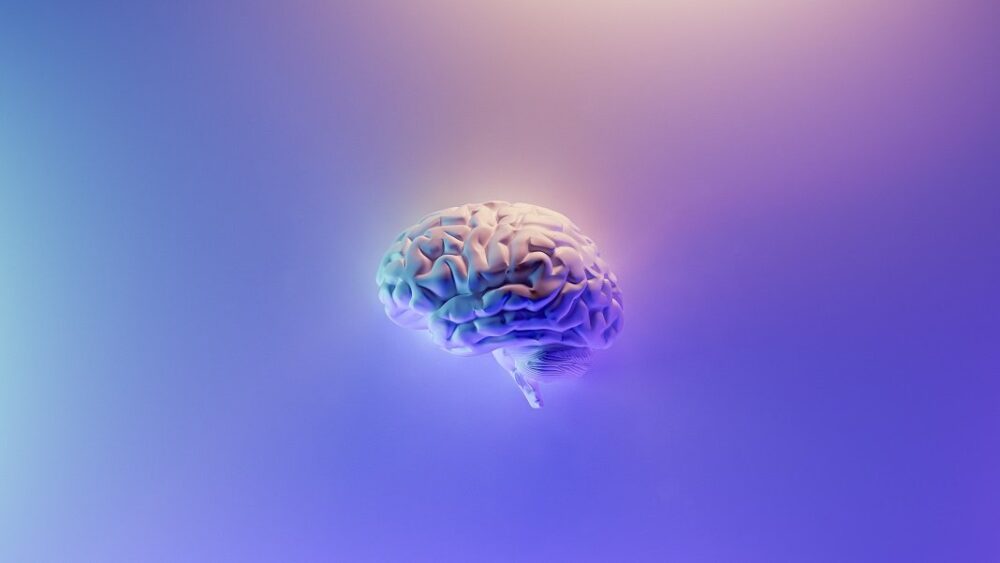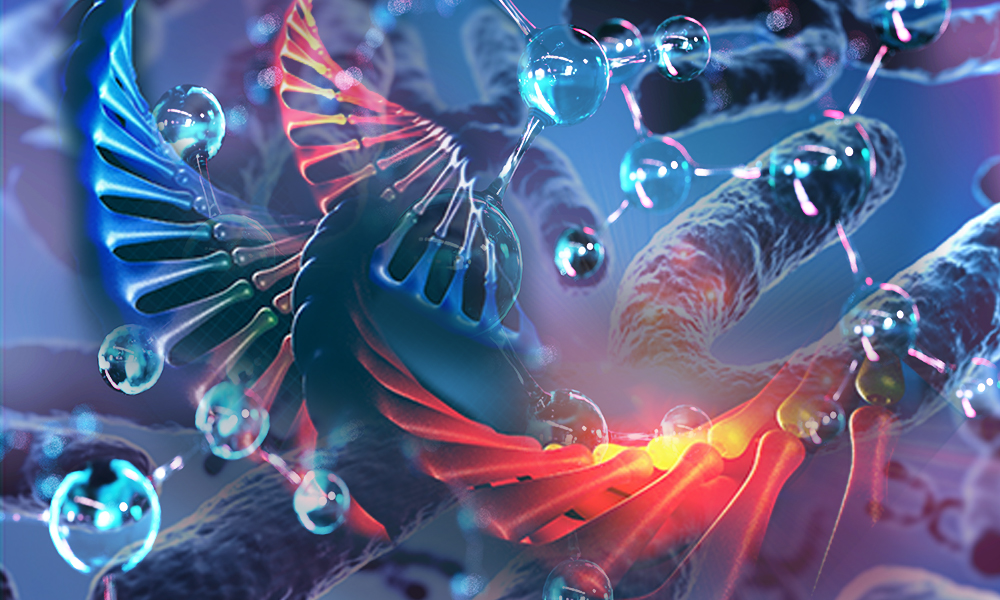Aging is a natural and inevitable process that affects all living organisms. While there is no way to stop or reverse aging, there are ways to slow down the aging process and improve quality of life in later years. Scientists have been studying the mechanisms of aging for decades, and have identified several key factors that contribute to the aging process.
What Causes Aging?
One of the primary mechanisms of aging is cellular damage. Over time, the cells in our bodies accumulate damage from environmental factors such as UV radiation, pollution, and oxidative stress. This damage can lead to mutations in our DNA, which can cause cells to malfunction and die. As we age, our bodies become less efficient at repairing this damage, leading to a gradual decline in overall health.
Another key factor in aging is telomere shortening. Telomeres are the caps on the ends of our chromosomes that protect our DNA from damage. Every time a cell divides, the telomeres get a little shorter, eventually becoming too short to protect the DNA. This can lead to cell death or senescence (a state in which the cell is still alive, but no longer able to divide).
In addition to these cellular mechanisms of aging, there are also environmental factors that can contribute to the aging process. Poor diet, lack of exercise, and stress can all accelerate the aging process and increase the risk of age-related diseases such as Alzheimer’s and cardiovascular disease.

Interventions to Slow Aging
While we can’t stop the aging process altogether, there are interventions that can help slow it down and improve quality of life in later years. One of the most promising interventions is calorie restriction. Studies have shown that reducing calorie intake by 30-40% can extend lifespan in animals by up to 50%. Calorie restriction may work by reducing oxidative stress and inflammation, two factors that contribute to cellular damage and aging.
Another intervention that has shown promise is exercise. Regular exercise can help improve cardiovascular health, maintain muscle mass, and reduce the risk of age-related diseases. Exercise may also help reduce inflammation and oxidative stress, two key factors in the aging process.
Finally, there are several supplements and drugs that have been shown to have anti-aging effects. These include resveratrol (found in red wine), rapamycin (a drug used to prevent organ rejection in transplant patients), and metformin (a drug used to treat diabetes). While more research is needed to fully understand the effects of these interventions on aging, early studies have been promising.

Aging is a complex process that involves both cellular mechanisms and environmental factors. While we can’t stop the aging process altogether, there are interventions such as calorie restriction, exercise, and supplements that can help slow it down and improve quality of life in later years. By understanding the mechanisms of aging and developing new interventions, we may one day be able to extend healthy lifespans and reduce the burden of age-related diseases.





